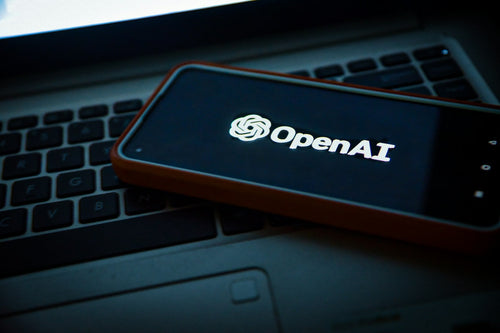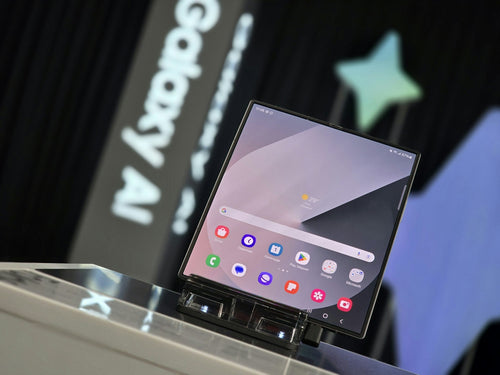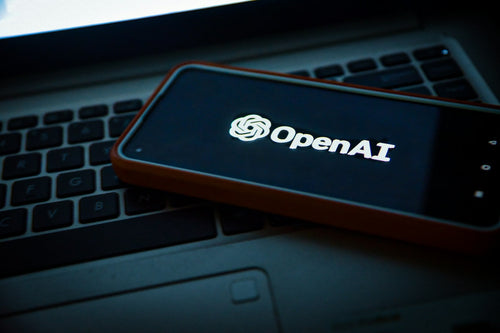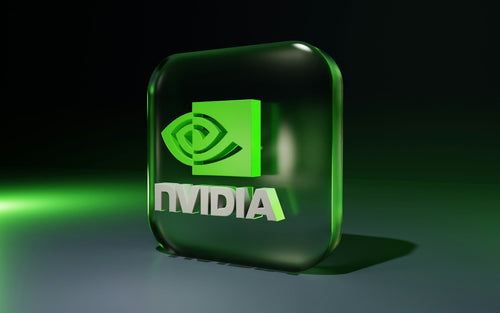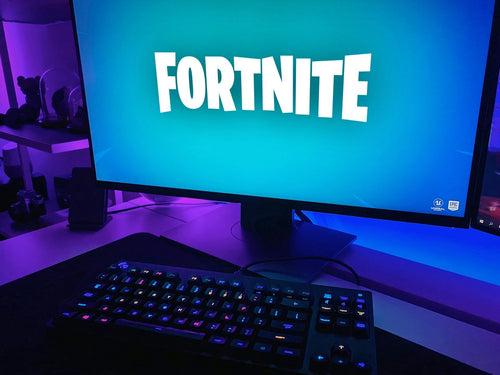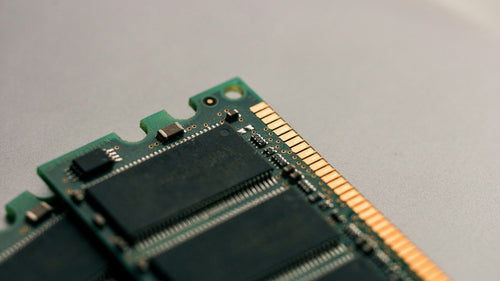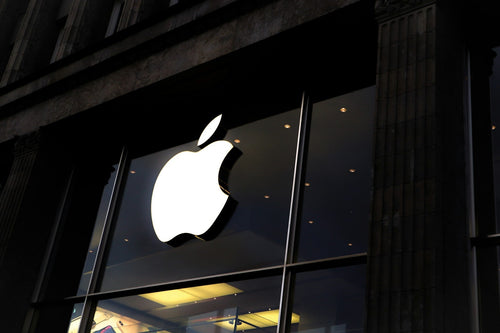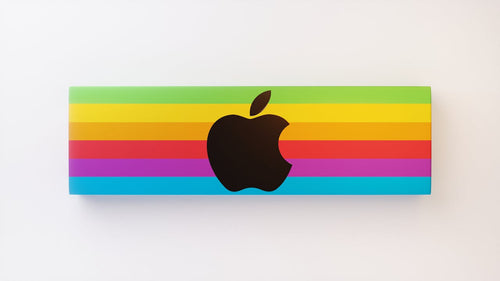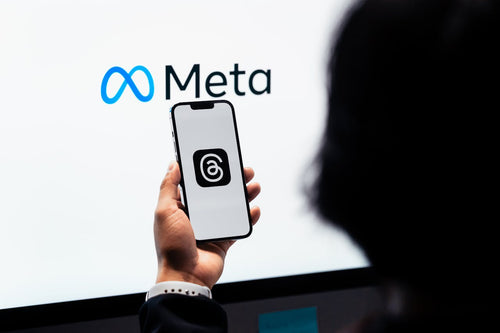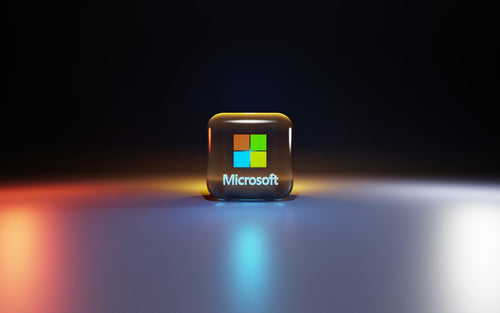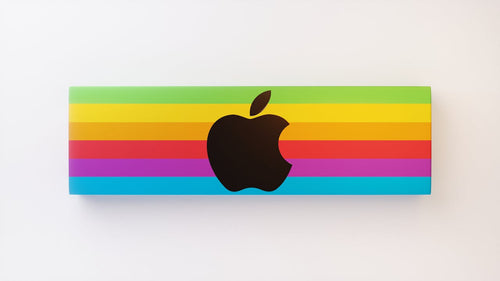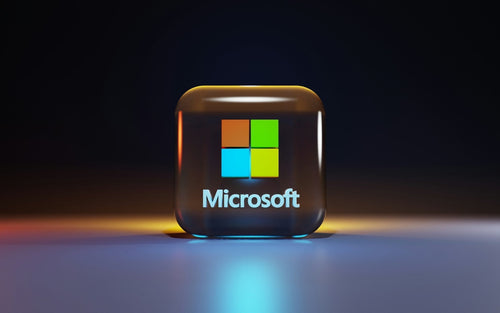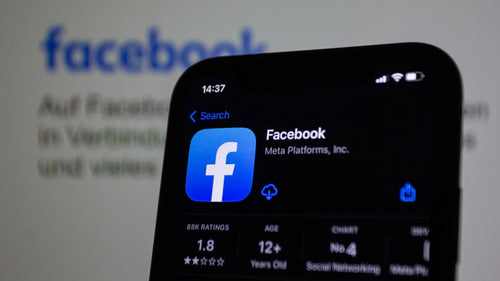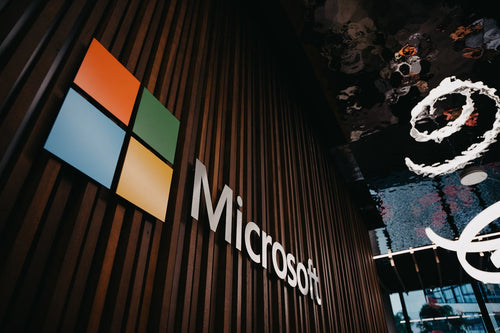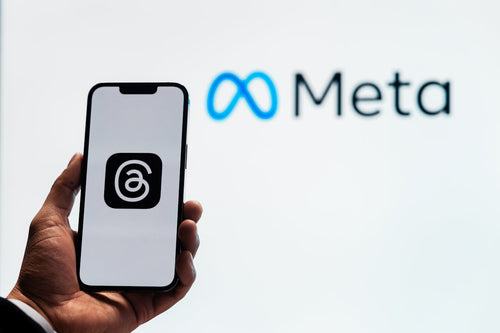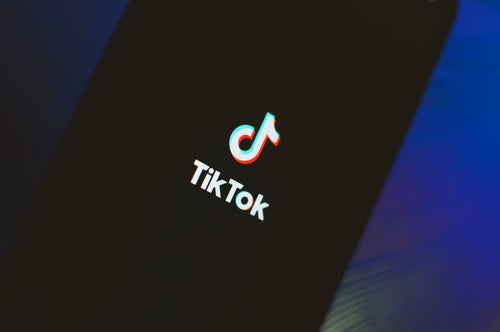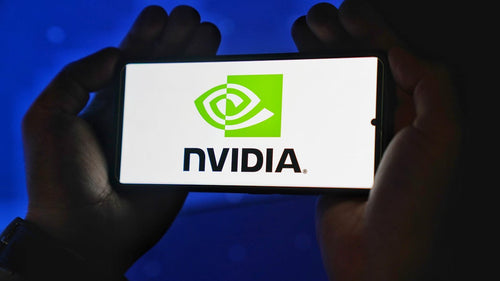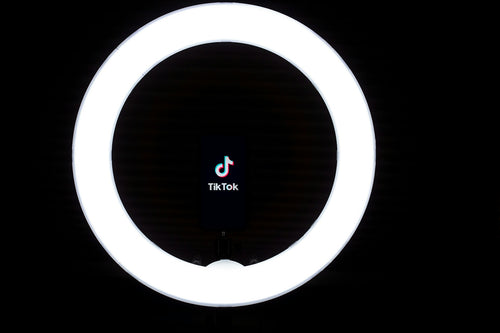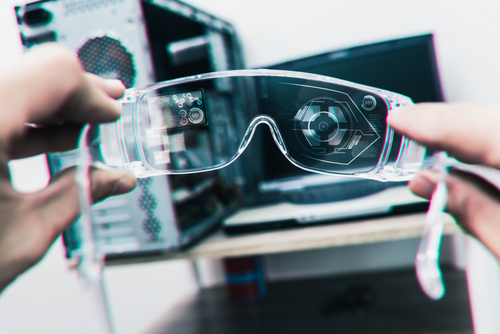HeyWhatsNew: Bitcoin Has Reached an All-New Milestone, Plus Artificial General Intelligence May Not Be Such a Big Deal

Welcome back to HeyWhatsNew, your weekly roundup of the hottest tech headlines shaping our world. This week, we’re diving into Meta’s nuclear-powered future, new updates to Windows 11 that might leave some older PCs behind, and Bitcoin’s milestone moment, amongst other things. Let’s get into the biggest stories from the week starting 2/12/2024.
Bitcoin Surpasses the $100,000 Mark
Bitcoin has reached a historic milestone, surpassing $100,000 for the first time this week as demand for the cryptocurrency skyrockets following an election favoring crypto-friendly leadership, including President-elect Donald Trump. Once a skeptic, Trump has signaled plans for a U.S. bitcoin “strategic reserve,” drawing comparisons to reserves for gold and oil.
This record breaking achievement marks another chapter in bitcoin’s 15-year journey from a niche concept to a mainstream financial force. However, cryptocurrencies remain controversial, with bitcoin often implicated in cybercrimes and scams that, according to the FBI, cost consumers billions of dollars last year.
Google Pixel Gets a New Update That Lets You Check Device Temperature
Google just dropped a cool new update for its Pixel Troubleshooting app, and it’s packed with handy tools for Pixel 6 through Pixel 9 devices! The star of the update? A brand-new “Device Temperature” feature.
You’ll find it in the Battery section of your Settings, or just search “Device Temperature” in the Settings app to check it out. The app even gives smart tips to keep your phone chill, like “Let your phone breathe” which allows it to get some airflow going, and “Stick to the right gear” that encourages users to only use cases designed for their Pixel.
Live Location Sharing Makes Its Way to Instagram
Instagram has introduced some exciting new features to make it easier to connect with friends through your DMs. The update includes fresh sticker packs, an upgraded DM sticker tray, and the ability to give nicknames to your friends for a personal touch.
One of the standout features is location sharing, which lets you share your live location for up to one hour or pin a specific spot on the map. This makes it super simple to coordinate plans, find each other in crowded places, or track arrival times. The live location feature is private, meaning it can only be shared in DMs, whether in one-on-one chats or group conversations. Currently, location sharing is available in select countries, so keep an eye out for it in your region!
Sam Altman Has Lowered His Expectations for AGI
OpenAI CEO Sam Altman has hinted that artificial general intelligence (AGI) might arrive sooner than many expect, despite ongoing concerns about the limits of current AI development. In a recent interview, Altman suggested that AGI could be achieved as early as 2025, claiming it’s possible even with today’s hardware. However, he hinted at the release of a new device, suggesting advancements in AI hardware might still play a role.
Interestingly, Altman downplayed the societal impact of AGI, predicting it would have “surprisingly little” effect and might even pass by unnoticed by many. Addressing safety concerns, Altman dismissed fears of a dramatic AGI moment, saying the reality may differ from what people imagine.
If You Don’t Have TPM 2.0, You Can’t Get Windows 11
Windows 11 is setting a firm line in the sand with a requirement for TPM 2.0, also known as Trusted Platform Module 2.0. This chip or firmware is essential for enhanced security, providing improved cryptography and encryption features. As the countdown to the end of Windows 10 looms, now less than a year away, users still on the older OS will need to start preparing for the switch to Windows 11. However, Microsoft’s decision to make TPM 2.0 a mandatory component could spell trouble for those with older computers that don’t support the technology.
According to a recent Microsoft blog post, TPM 2.0 offers numerous benefits, including safeguarding sensitive information and “future-proofing” Windows 11 as AI becomes more integral to physical devices, cloud computing, and server architecture. While the security perks sound promising, many legacy devices are simply not equipped with TPM 2.0, leaving users facing potential upgrades or workarounds to stay up to date.
Meta Hopes to Power Its U.S. Based Data Centers with Nuclear Power
Meta has officially announced plans to power its U.S. data centers with nuclear energy, signaling a major shift toward cleaner and more sustainable power sources. This isn’t Meta’s first foray into nuclear energy. Earlier this year, reports emerged of plans to build a nuclear-powered data center, but the project was shelved after the discovery of a rare bee species near the proposed site.
Meta isn’t alone in turning to nuclear energy to meet the immense power demands of AI development. Google has already committed to building multiple small modular reactors (SMRs) in the U.S., aiming to generate 500 megawatts of nuclear energy. Meanwhile, Microsoft has unveiled plans to revive the Three Mile Island nuclear plant in Pennsylvania for its AI projects. These moves underline a growing trend among tech giants to integrate nuclear energy into their infrastructure, balancing innovation with sustainability.
That wraps up this week’s edition of HeyWhatsNew! As always, we’ll be here next week to bring you the updates that matter most. Until then, stay curious and keep exploring!

















